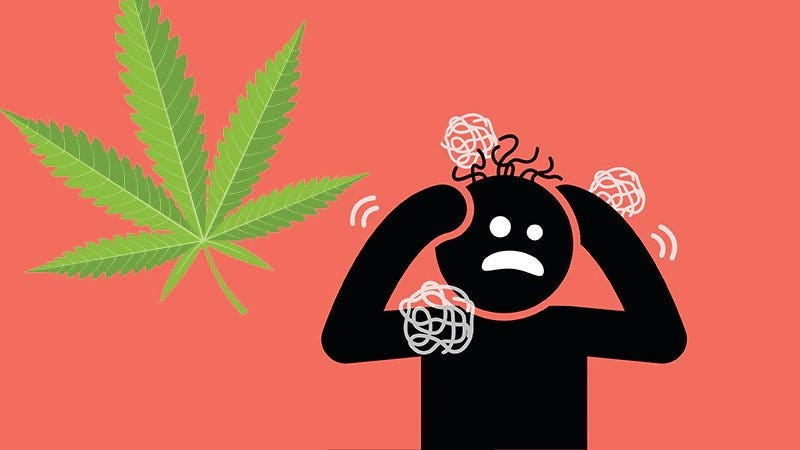Study Finds No Increase in Psychosis After Cannabis Legalization in Canada
Canadian researchers have conducted a study on the consequences of cannabis legalization and found that, following the lifting of the ban on marijuana in 2018, Canadians did not experience an increase in psychosis cases.
Legalization Did Not Harm the Healthcare System
The researchers analyzed data on patients aged 14 to 60 from January 2014 to March 2020 and found no rise in the number of Canadians seeking medical help or being hospitalized due to psychotic disorders. Interestingly, during this period, the country’s population grew by 7%. Taking this into account, it can be assumed that the number of patients diagnosed with psychosis may have even slightly decreased.
The authors commented on their findings: “The results of our study indicate that during the initial phase of the cannabis market, the legalization of recreational cannabis did not lead to an increase in the number of Canadians seeking medical care or in the prevalence of psychotic disorders.”
However, the researchers acknowledge a limitation of their study: the relatively short period analyzed after legalization. They only examined data for 17 months following the legalization of marijuana and do not rule out the possibility that the drug policy reform simply did not have enough time to impact the healthcare system during this relatively brief period.
Potential Downsides of Legalization Remain Unclear
Previous scientific studies have established a link between cannabis abuse and the development of psychosis and schizophrenia. As a result, many conservatives oppose marijuana legalization, arguing that it could worsen the population’s mental health. However, scientists have not yet been able to prove that cannabis causes mental disorders in a broad segment of the population.
Paul Armentano, deputy director of NORML, an organization advocating for cannabis legalization, believes that only cannabis users who are predisposed to these conditions are at risk for psychosis and schizophrenia. Armentano’s view is partly supported by a 2022 study, in which Canadian specialists analyzed data on citizens who sought emergency medical care from April 2015 to December 2019. They found that the number of patients suffering from marijuana-induced psychosis doubled. However, using a seasonal autoregressive moving average model, the experts concluded that cannabis legalization did not significantly affect the trend in the number of patients with psychosis.



